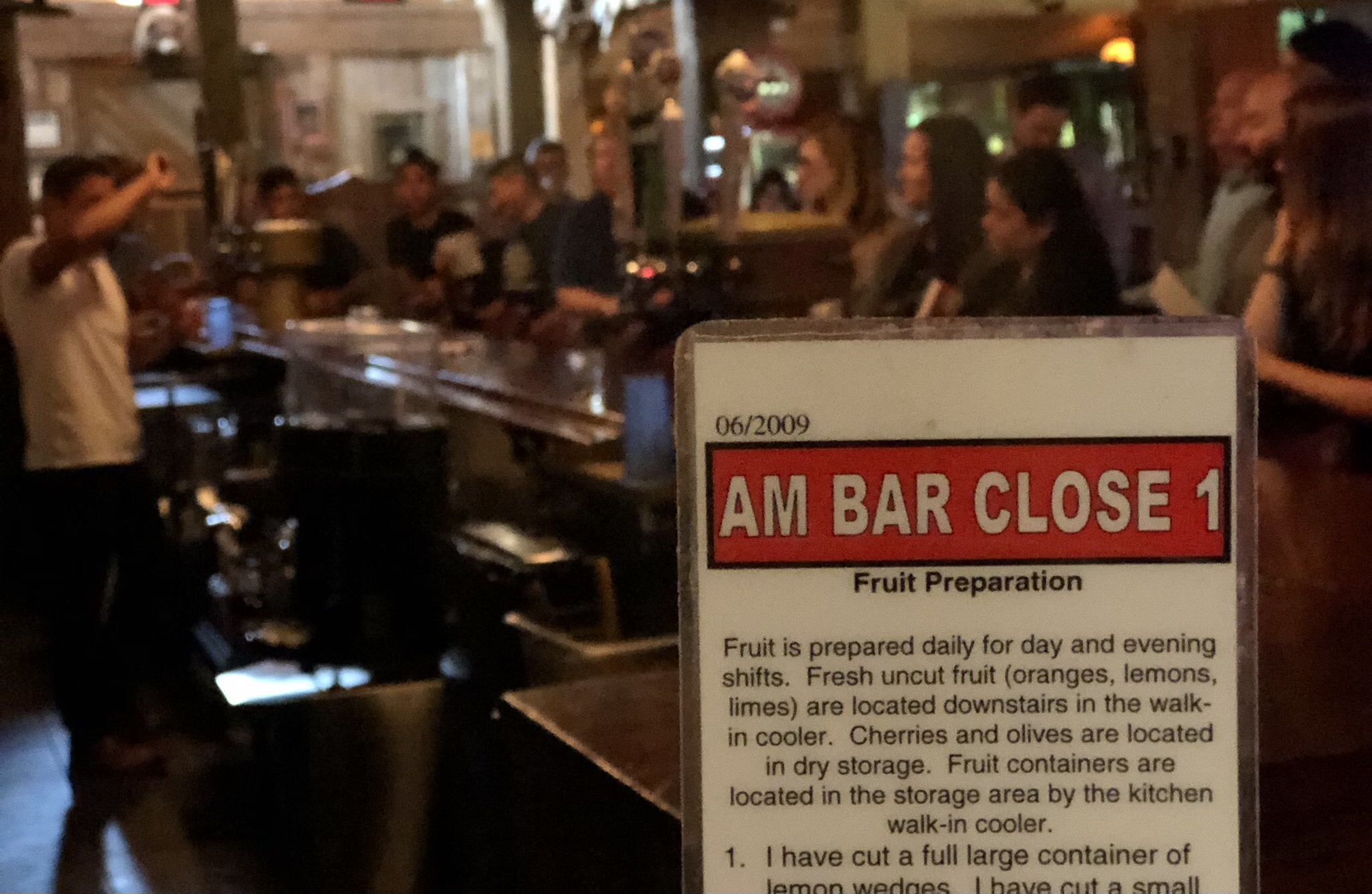Rarely, if ever, have I heard a leader say that their expectations were met.
I’ve been in dozens – maybe hundreds – of conversations where instead I’ve heard them talk about their (high) expectations and wonder how they can motivate their people, or peers, to meet them. Many times, they’re clearly disappointed, frustrated, and/or exasperated.
When I have the opportunity, I share perhaps my earliest significant experience in Junto.
It was at our second-ever session, on the topic of “Hiring & Firing,” in 2013. Jay Goltz, our instructor, said rather matter-of-factly, “As a leader, I’ve learned to raise my standards and lower my expectations.”
After meditating on that line for several days, I realized the genius in it, so much so that I took it one step further and said to myself, “I’m going to try to no longer have expectations and only have standards.” I had several reasons:
-
Standards are more objective, while expectations are more subjective.
-
Standards are less personal and about us, while expectations are more personal and about others.
-
Therefore, when standards aren’t met, we have the power to do something about it; when expectations aren’t met, that power is in someone else’s hands.
-
Finally, standards are less likely to evoke an emotional response, making them better suited for the workplace (and possibly the home).
As many Junto members know, I was inspired enough by these thoughts that I have shared them and their origin experience in many conversations. In addition, I’ve adopted this mindset with our team members and even gone as far as mentally removing any expectations I have of my family and friends.
Doing this has led me to perhaps the most important outcome of all: that I rarely find myself disappointed, frustrated, exasperated, or experiencing any other negative emotions because someone didn’t meet my expectations.
Instead, I have standards for myself, our business, and my relationships, and when they’re not met, I look for reasons why and I look for inspiration to improve.


